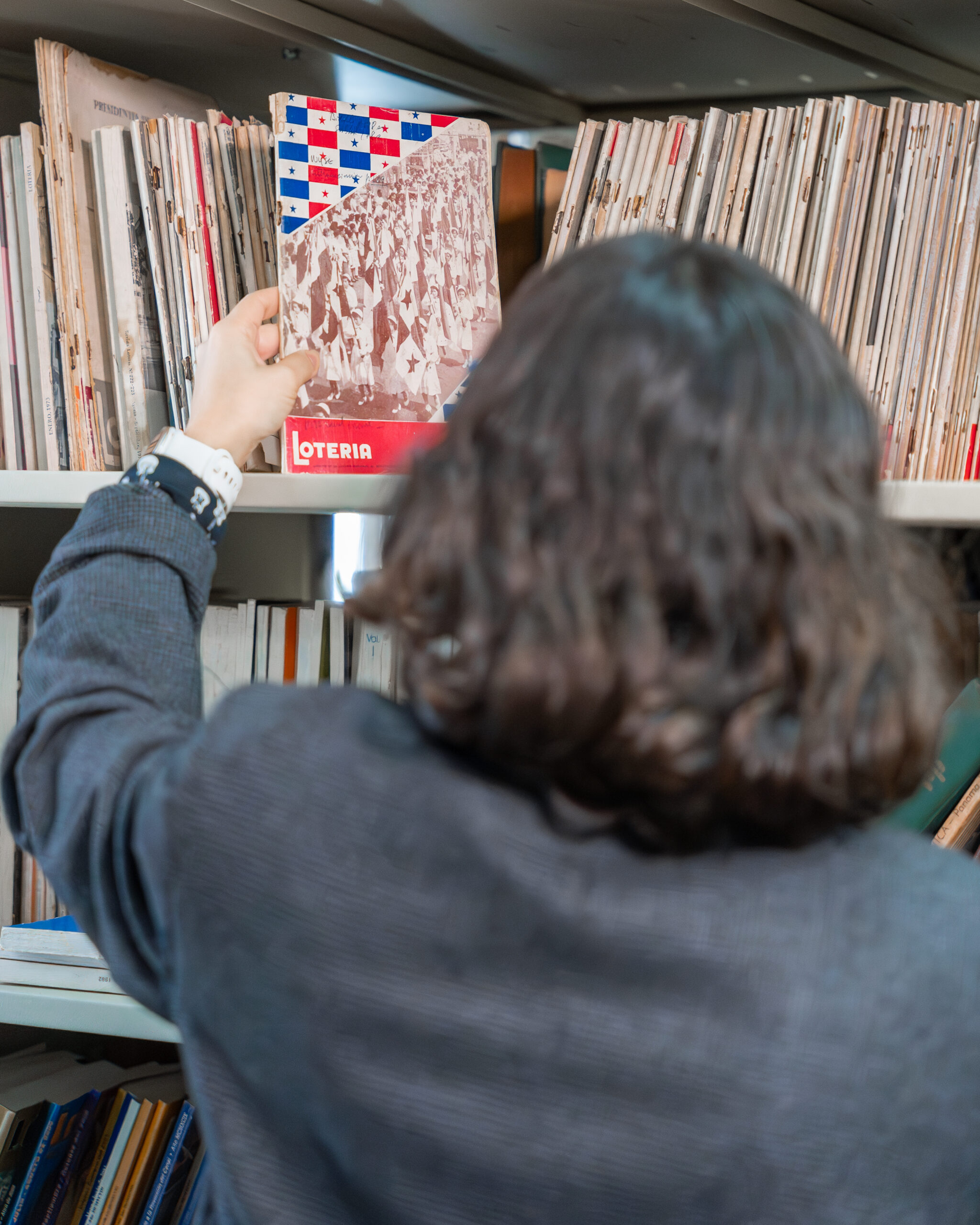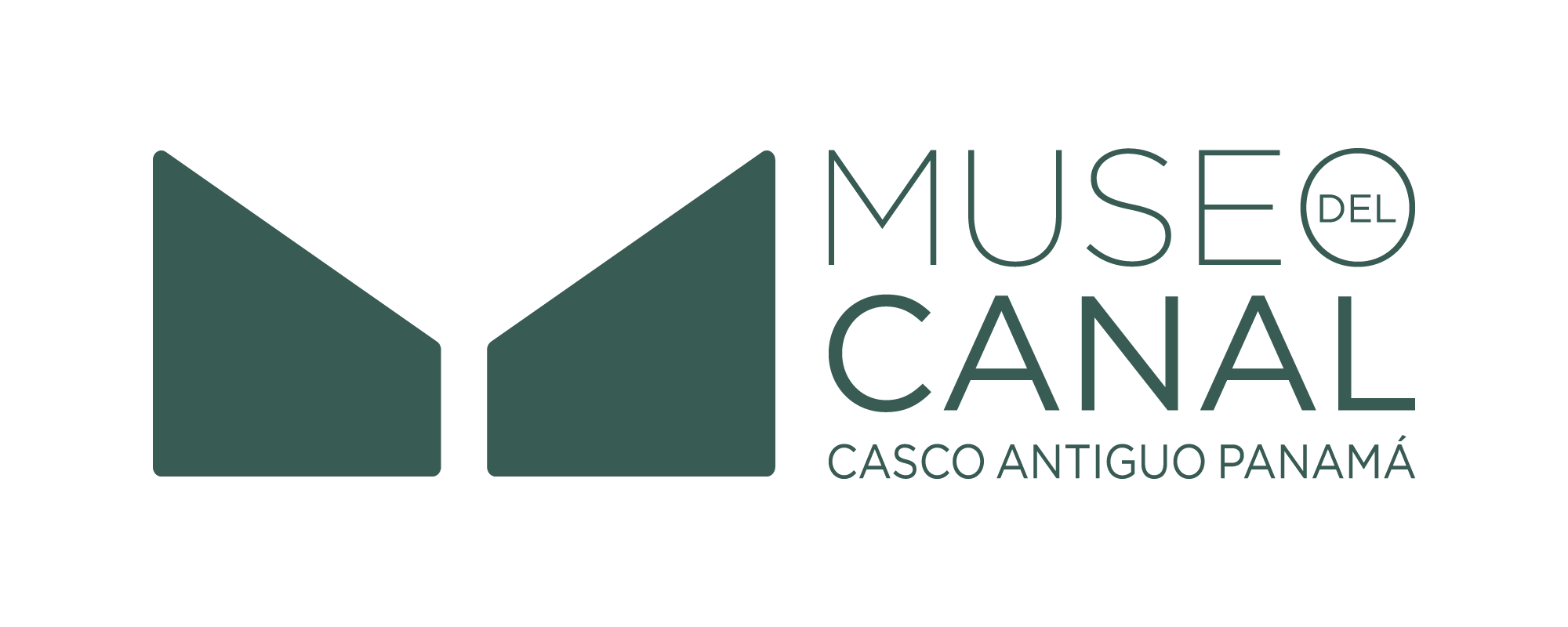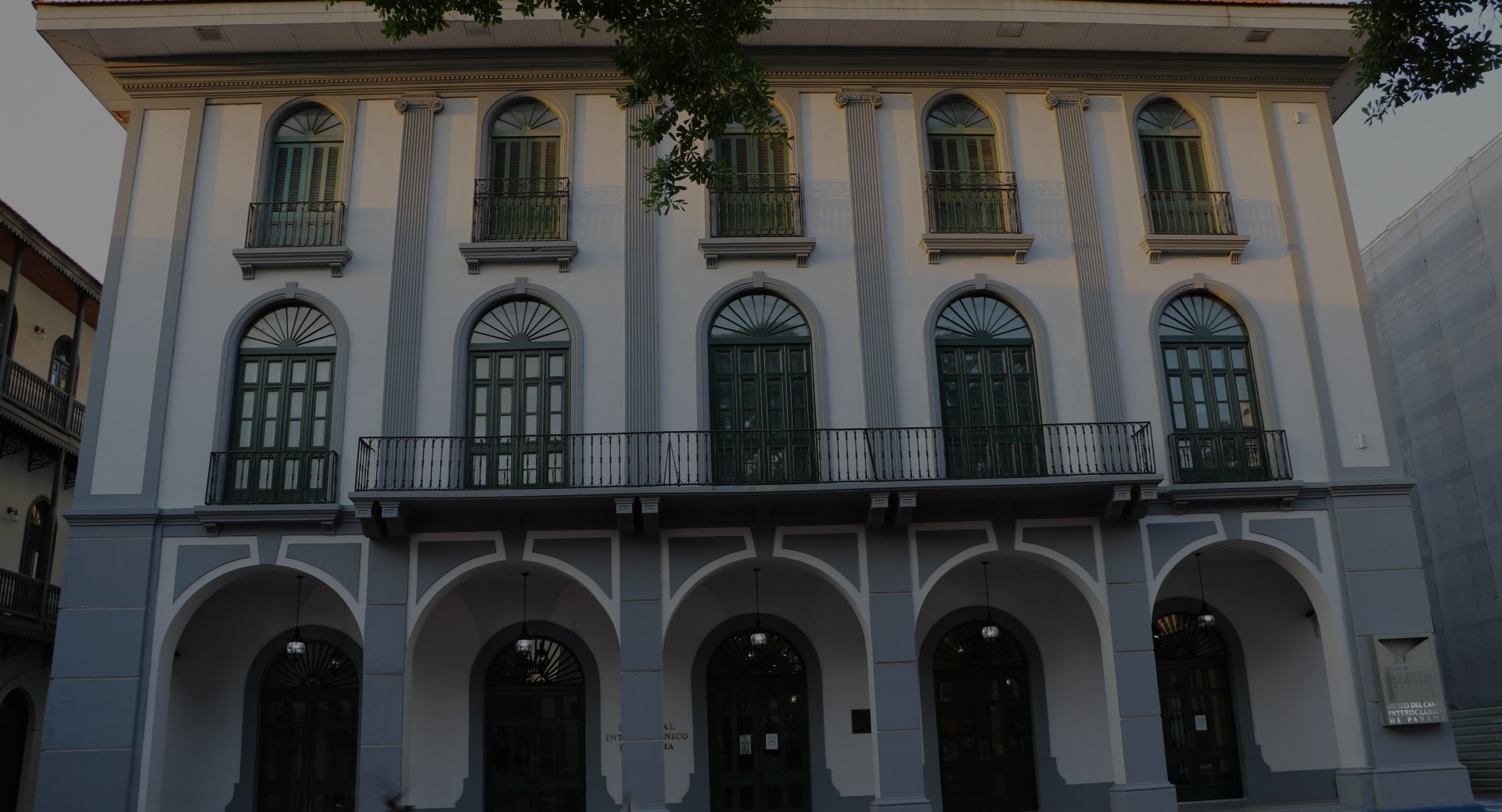
Alert: Library Closures!
By: Laura Ortiz
Librarian
Panama Canal Museum

In times of censorship, political division, and information manipulation, this is likely a reality we are not far from reaching again.
Throughout the history of humanity, different societies have experienced countless efforts to censor books and any thought that goes against imposed belief systems, especially by totalitarian or authoritarian governments. It is well known that, in times of social crisis, the first thing threatened is free expression, the proliferation of ideas, and any knowledge that questions or goes beyond what is being taught. This is where libraries play an important role in defending freedom of ideas and knowledge at all costs.
To understand the current reality on this issue, it is prudent to briefly recount some historical events in which censorship has affected institutions such as libraries, threatening the preservation of bibliographic material and undermining human culture and knowledge.
We don't have to go far. In the last century, World War II was the scene of multiple instances of censorship of the free knowledge provided by libraries. One of these was the burning of thousands of books in 1933, promoted by the policies of the Third Reich, aimed at eliminating books and publications that the National Socialist Party considered subversive and adverse to its objectives. For the Nazis, libraries represented a threat to their regime, which is why they took control of them, even managing to close several during their occupation in different European cities.
Another fascinating and little-known episode in this same context was the role played by the American Library in Paris. Although constantly monitored and sometimes threatened, it remained open throughout the war. It even had a program called "Soldier's Service," in which library staff and some volunteers were responsible for sending books as emotional support to British and French troops on the front lines. This program was later canceled due to new regulations implemented during the Nazi occupation; among these was the prohibition of the Jews in that institution. Faced with this situation, Dorothy Reeder, director of the American Library, and her team managed to clandestinely provide books to the library's Jewish members who were hiding in the city.
Added to this story are other similar ones, such as the censorship of books and scientific knowledge by the Holy Inquisition with its Index Librorum Prohibitorum, the heavy censorship in the former Soviet Union, the destruction or censorship of books on philosophy, science, and Western literature during the Cultural Revolution in China (1966-1976), and so on. We can continue to mention other cases in which libraries are threatened and become spaces where information is limited and the only objective is to comply with the imposed rules.
Currently, the prohibition of information and books in libraries is once again present in some countries and continues to be a worrying phenomenon. This situation arises from the social, political, and cultural unrest we are experiencing around the world. A clear example of how disturbing this situation is is the statement made a few weeks ago by the American Library Association (ALA), which affirms that book censorship is real today, with students unable to request certain literary classics and librarians who have lost their jobs for defending the right to read, among other scenarios. The ALA also declared that:
“Everyone, everywhere, regardless of age, background, or political beliefs, deserves access to information from a wide range of perspectives and to books that reflect their life experiences. Libraries have provided that access for hundreds of years. We will not stop providing access to the world of ideas, and we will not relent in defending everyone's constitutional right to access and read any idea without government censorship.”
According to this institution, with a history of more than 140 years, we can confirm that libraries are natural targets for totalitarian and authoritarian governments simply because they are considered one of the most democratic institutions within a society. They represent the emergence and exchange of new ideas, safe spaces for learning, and spaces for the community. They are par excellence the guardians, preservers, and disseminators of a country's bibliographic memory and, therefore, the memory of humanity. They are not only guardians of knowledge, but also represent a symbol of freedom and resistance to intellectual censorship and the manipulation of information.
While it is true that every society has different beliefs and moral codes, this should not be interpreted as a license to prohibit or censor those who question or do not share the same ideals. Libraries must be responsible for providing access to knowledge, and that is where the responsibility to research, analyze, and make good use of information falls on us as citizens. Institutions like ALA and other organizations that defend freedom of expression continue to fight and educate against censorship attempts in the United States and many other countries, highlighting the importance of protecting these democratic centers.
Far from being mere places to put books and forget them, libraries are a reflection of a society that believes in equality and access to ideas. Today, they are dynamic spaces where workshops, research, debates, and countless other activities are held and accessible to all. Furthermore, these spaces and their books allow us to understand the nuances of the human experience, vital knowledge that fosters empathy, respect, and understanding. For all these reasons and more, we must remain vigilant in defending these bastions of intellectual democracy, because without them, we would lose our memory and be condemned to live in ignorance.

















